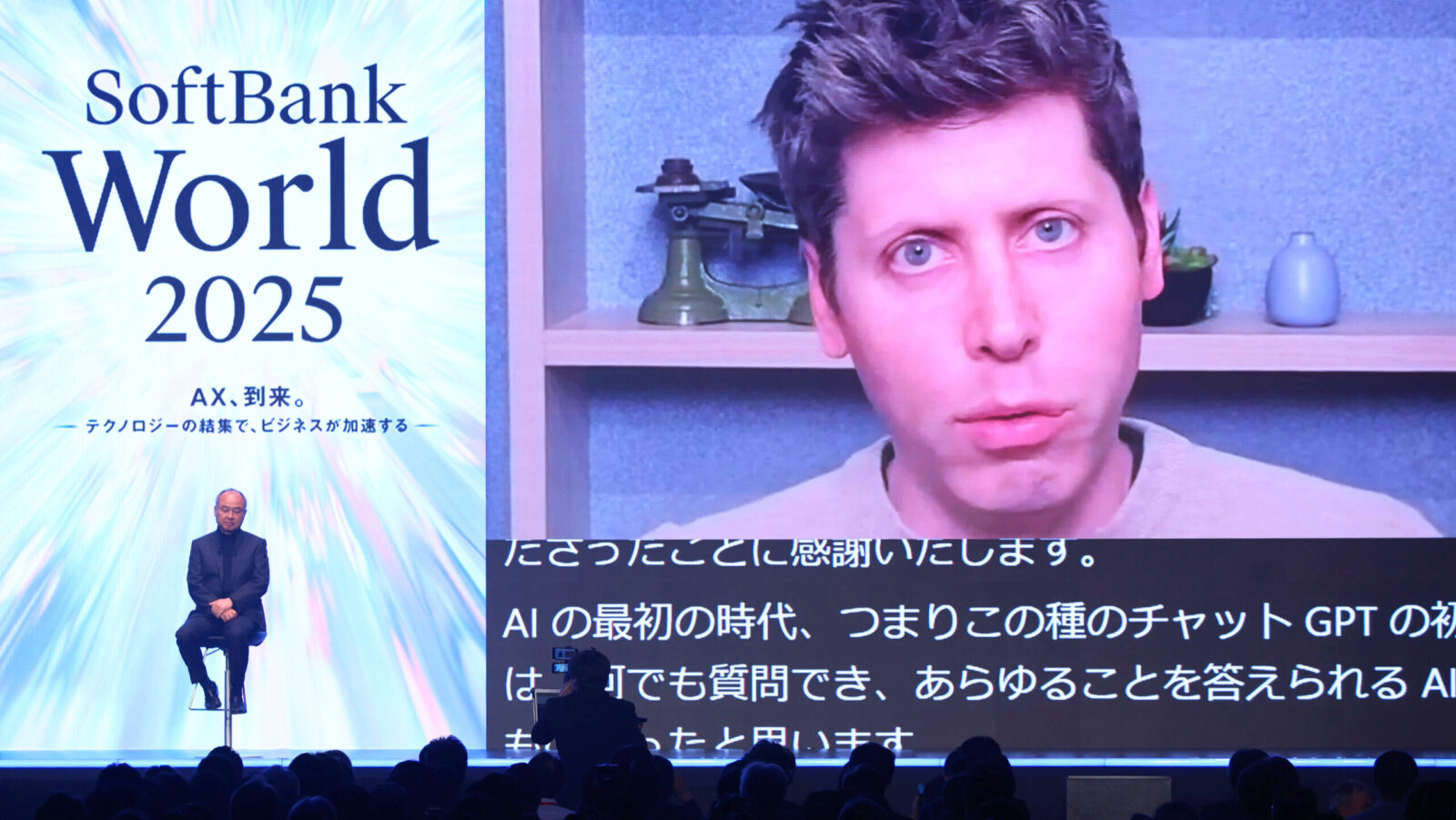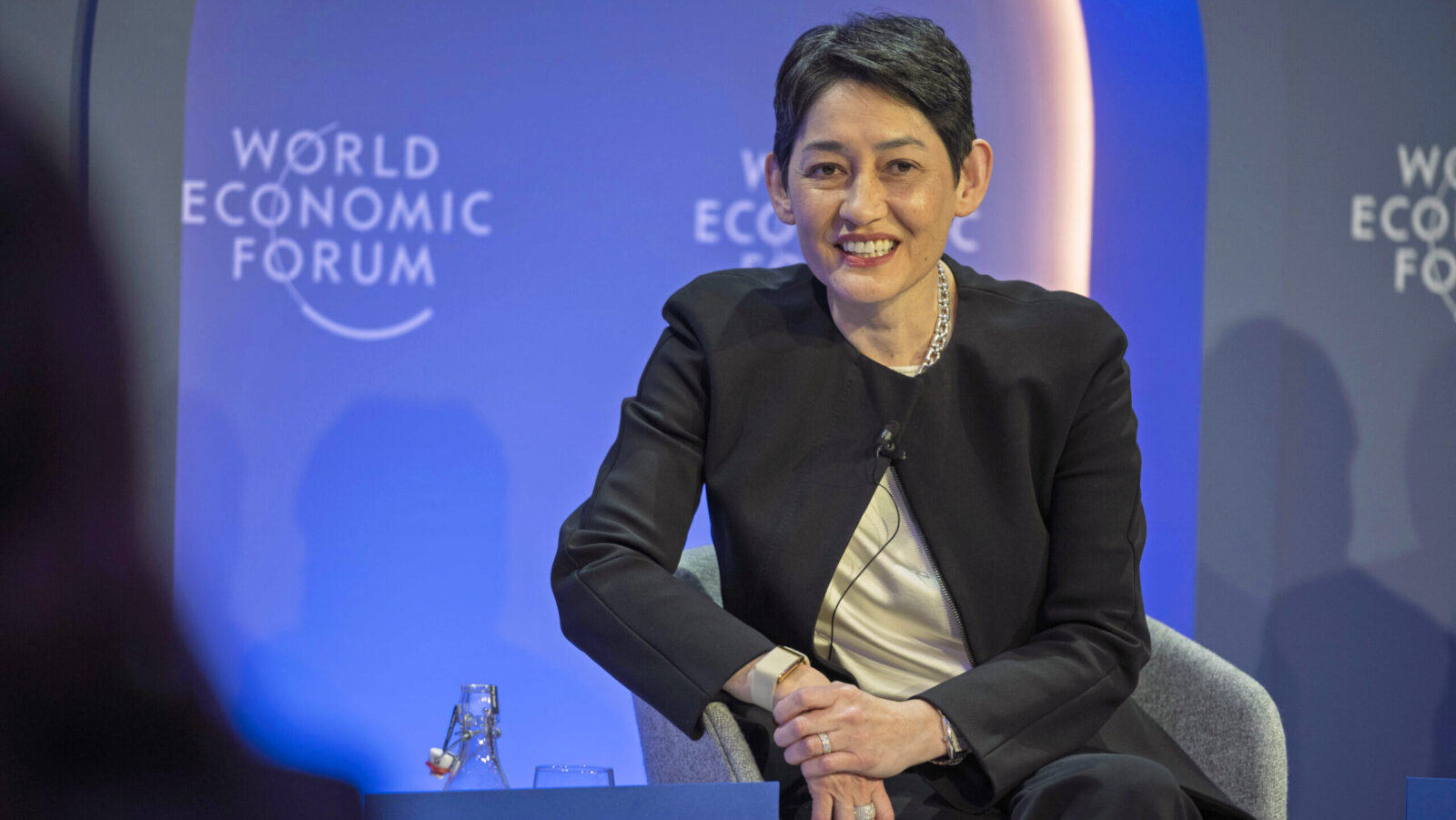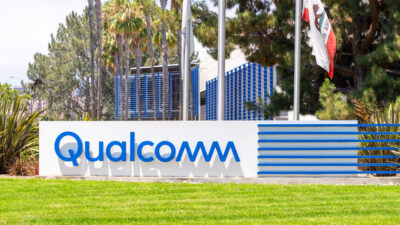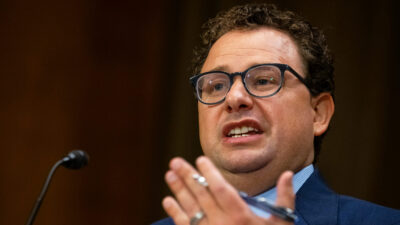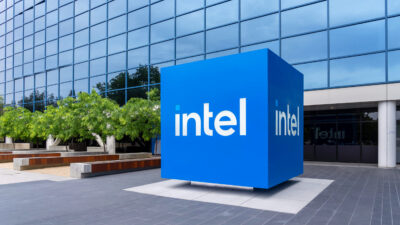‘Big Short’ Investor Michael Burry Shut Down His Fund. So Now What?
The cult hero/curiosity has launched a social media broadside against the AI trade that has fueled this year’s market rally.
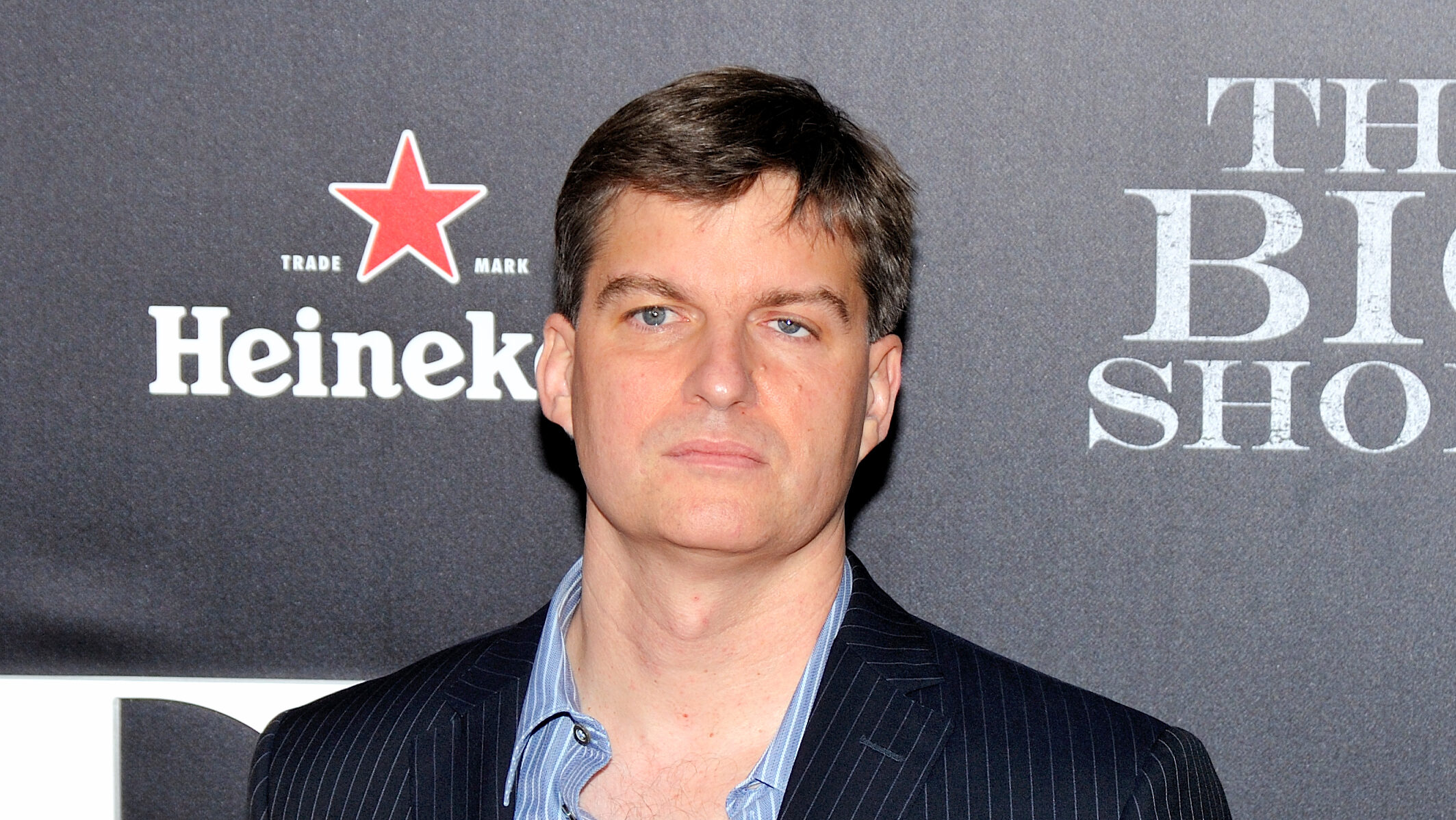
Sign up for smart news, insights, and analysis on the biggest financial stories of the day.
Warren Buffett once likened Michael Burry to Cassandra, the mythological Trojan priestess who was cursed by Apollo so that her prophecies, while true, would never be believed.
The famed “Big Short” investor won big in 2008 after bucking Wall Street and betting against the US housing market. Last week, the bullish AI trade became his latest target. Burry’s plans for his latest prophecy are a mystery, however, as he deregistered his hedge fund. He promised “much better things” are coming.
The Next Chapter
As a character in the popular imagination, Burry is well established, thanks to his role in the Michael Lewis bestseller The Big Short and the subsequent movie adaptation, in which he was played by Christian Bale. He’s the socially awkward medical doctor turned hedge fund wunderkind who cites his one glass eye, the result of childhood cancer, as the reason he sees markets differently. He’s the Pantera-loving metalhead who spotted patterns foretelling the meltdown that triggered the Great Recession. By shorting the US housing market ahead of the 2008 crash, he made more than $700 million for his clients, many of whom initially rebelled, thinking he was crazy for defying the banks and ratings firms that call the shots on Wall Street.
Naturally, when the cult hero or curiosity, depending on one’s view, launched a social media broadside against the artificial intelligence trade that has fueled this year’s market rally (and to inform people that he is not 5 feet 6 inches tall), people took notice. He alleged that the tech giants spending billions on cloud and AI infrastructure are understating their depreciation expenses by forecasting unreasonably long life cycles for their semiconductors. He said this “artificially boosts earnings” and pointed the finger at Oracle and Meta, specifically, writing their earnings could be overstated by 27% and 21%, respectively, by 2028 (Meta and Oracle did not respond to requests for comment). Burry’s Scion Asset Management, as of the end of September, also held bearish put options on Nvidia and Palantir, which led the latter’s CEO to mock him as “bats— crazy.” But now, Scion is shutting down, and Burry’s next move is unclear:
- In an October 27 letter to investors explaining his decision to close the firm, he wrote: “My estimation of value in securities is not now, and has not been for some time, in sync with the markets.” He told them Scion’s funds will be liquidated and their capital returned to them by the end of the year.
- Whatever his next move is, Burry said in a tweet that he will move “on to much better things” on November 25, two days before Thanksgiving. Whether that’s brining the turkey or a new venture remains to be seen.
Clifton-Hanger: Before ending the letter to his investors, Burry advised them to reach out to his protege, Phil Clifton, about his “coming endeavors.” Maybe that’s who will have news before the holiday?
